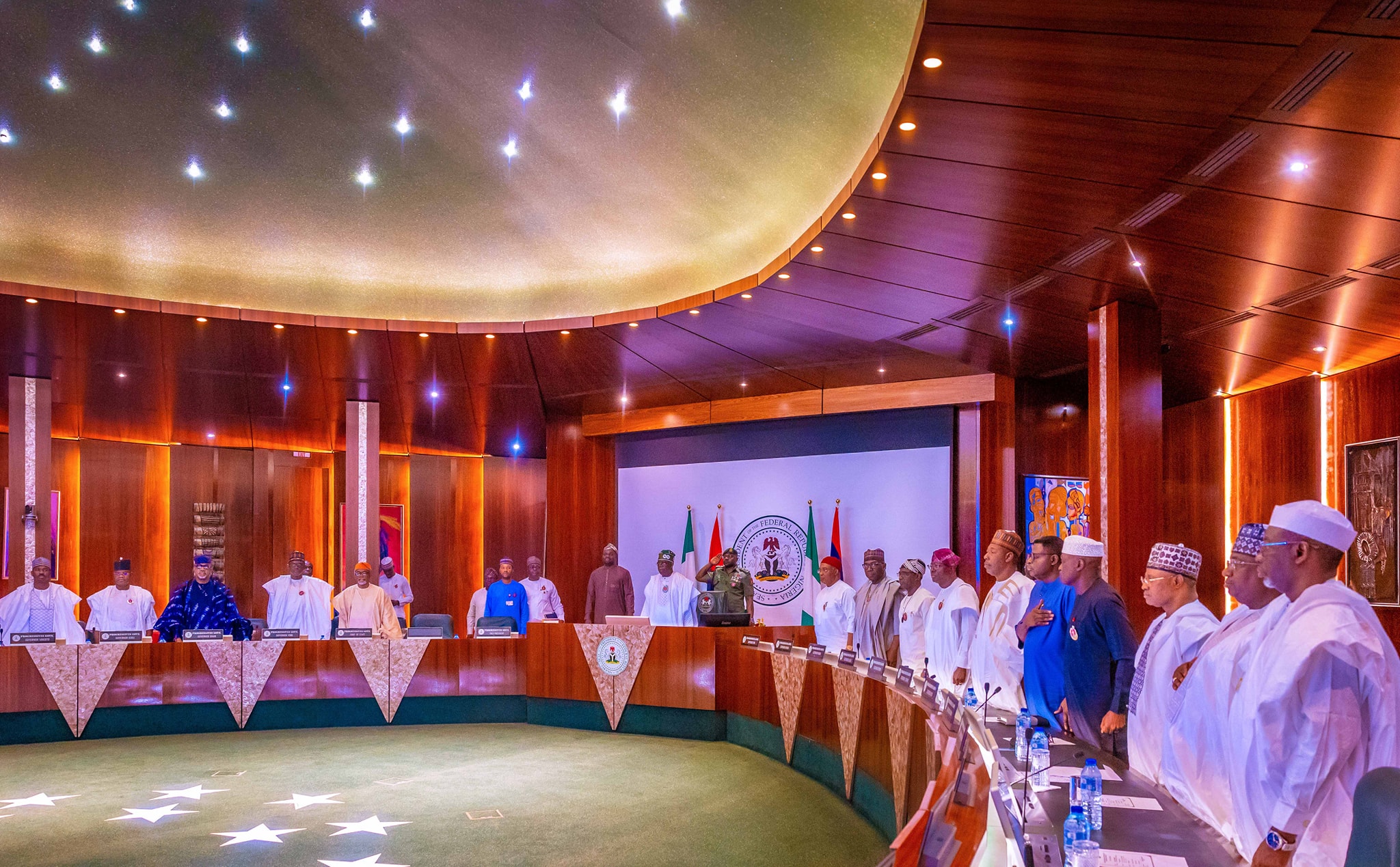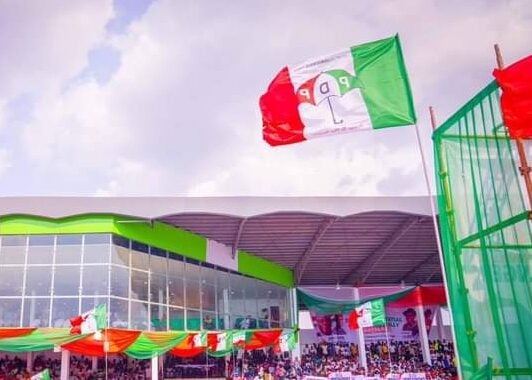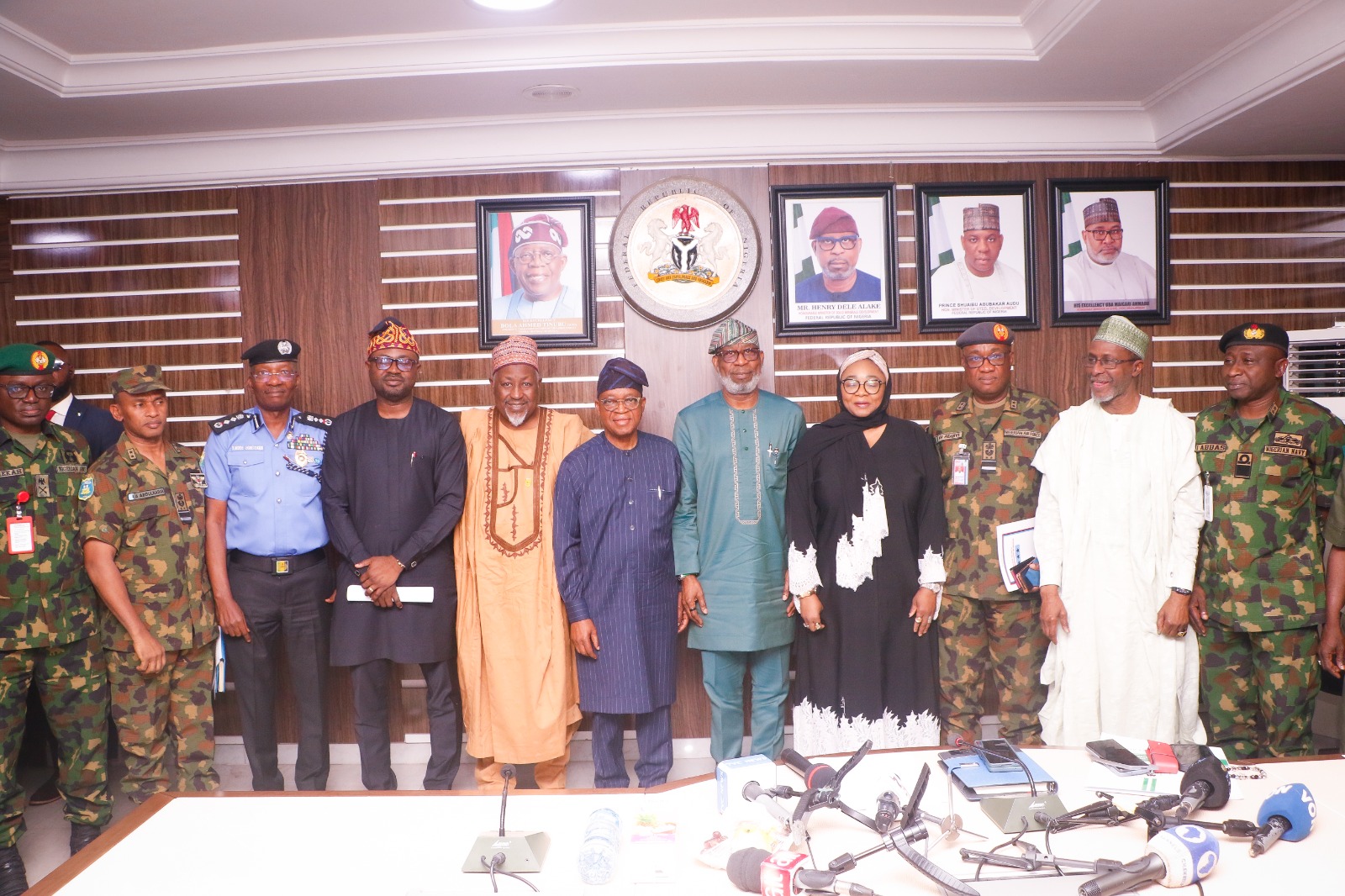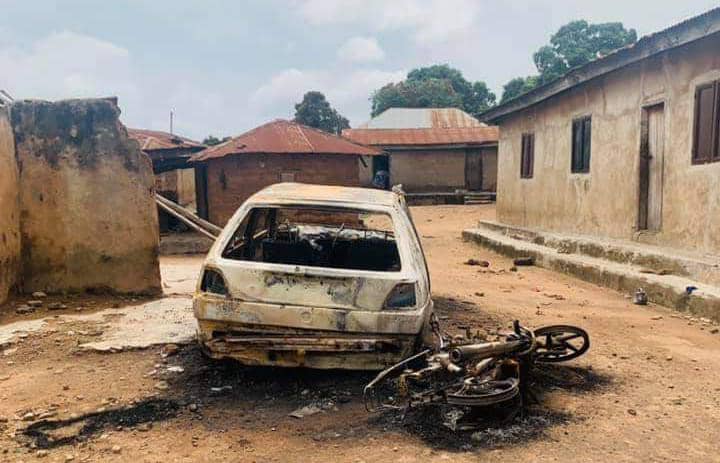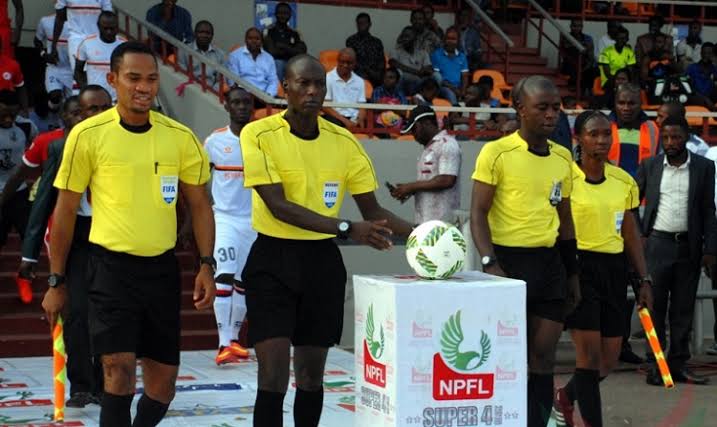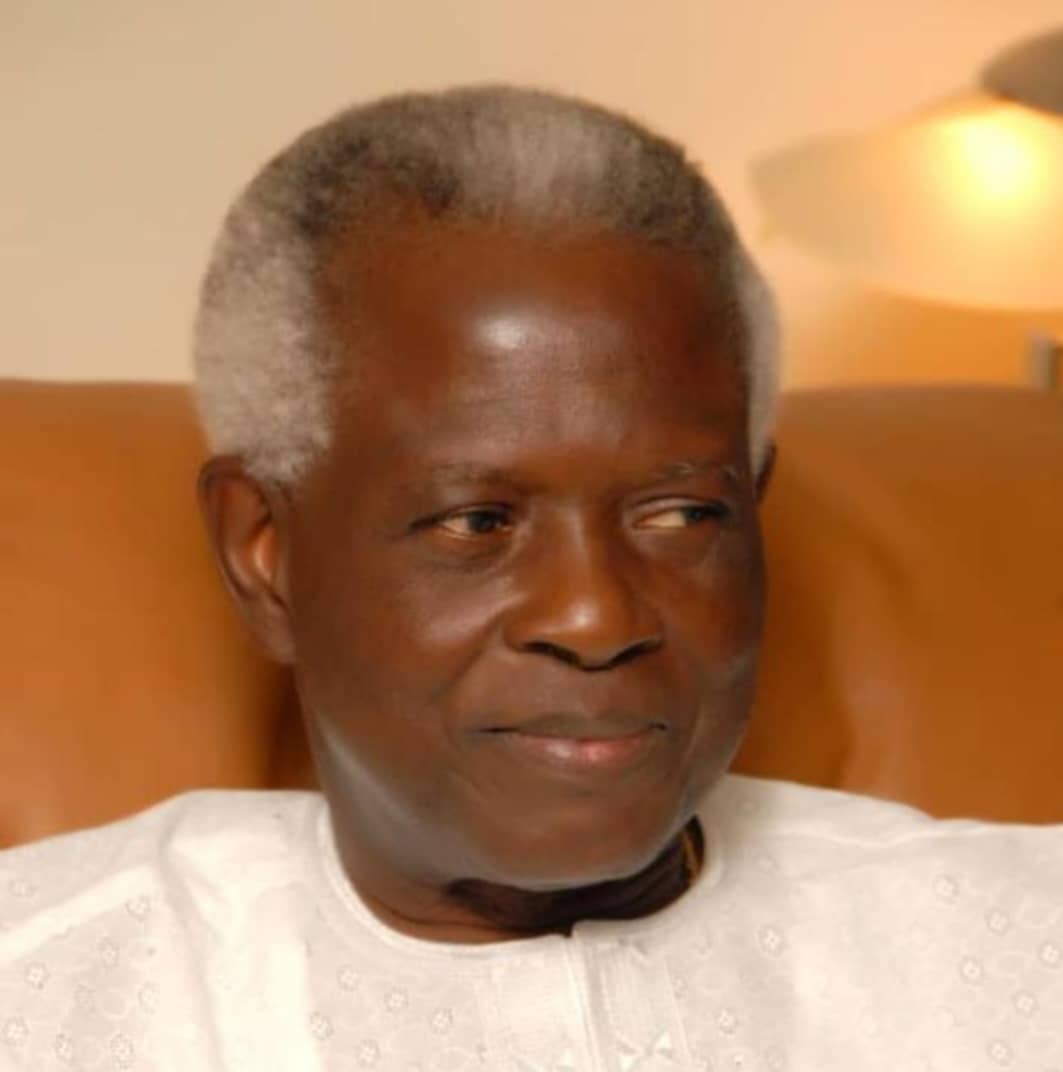It is a rarity, to see Nigerian political elites, across parties, have a consensus on an issue of national importance, like they did on the need to remove petrol subsidy, during the last presidential electioneering, in Nigeria. Issues like that, with room for polemics, are always pounced on by politicians to try to hoodwink the masses into believing that they’re on the side of the people. But on this particular issue, I was pleasantly surprised to see that, they all appeared to be on the same page, especially, having been convinced myself, that the fuel subsidy was not working to the utmost benefit of the Nigerian people.
All the major candidates, except one, agreed on the need for there to be a regime of “zero fuel subsidy”, especially, on petrol, if the economic viability of the Nigerian state, is to be sustained. Candidates, Bola Ahmed Tinubu of the All Progressives Congress (APC), Alhaji Atiku Abubakar of the People’s Democratic Party (PDP), Peter Obi of the Labour Party (LP), and others all campaigned, promising to remove petrol subsidy if and when voted into office. Such a consensus is a very strange one in our clime, where politicians oppose policies not because they have a better alternative. They oppose, not because they feel or think it is not good, but because they just have to oppose it to score cheap political points. They embark on sophistry, playing on the minds of the people, but not in this case. It was only Engineer Rabiu Musa Kwakwanso, of the New Nigeria People’s Party (NNPP) who never said he would remove fuel subsidy, if voted into office as the President, and Commander-in-Chief of the Armed Forces of the Federal Republic of Nigeria.
Nigeria, according to the proponents of the neoliberalism zero-subsidy policy, was on the brink of insolvency, living only on borrowings to function as a geo-political entity. Reports revealed that we were spending more than we were earning, which was a clear signal that the corporate existence of the country was in massive jeopardy. And that if the payment of subsidy for premium motor spirit (PMS) also known as petrol was not stopped, Nigeria would have to borrow to pay the electricity bill of the Aso Rock presidential villa. It was obvious that the scheme was marginally benefitting those for whom it had been designed over the years. It was instead creating instant billionaires among a few Nigerians who were connected, and involved in the business of importing fuel, and their cronies.
The state governors also went to town with sermons on why subsidy had to go for there to be enough money to execute projects that would benefit the masses and lift them out of poverty. They claimed the petrol subsidy was the only thing standing between their people and the El Dorado they were promised during the campaigns. One of the arguments against it was rendered by one of the governors (name withheld), during a chat I was privileged to be a part of, in 2022. He argued that “the target beneficiaries of fuel subsidy are not getting the intended benefits. That was a fact. Where they get it, it is almost, always lopsided”. Another fact. He cited an example of one having to own a vehicle before one can be a direct beneficiary, by way of buying fuel for those vehicles. He then said, the number of people who own, at least, a vehicle in a state like Gombe is not up to 5% of those who do, in Lagos, Port Harcourt, or Kano, for instance. The same goes for Benue, Kebbi, Jigawa, Ekiti, Ebonyi, Kwara, and other states in the hinterland.
Advertisement
That means, fewer Nigerians in other states were benefitting from what was supposed to benefit every Nigerian equally, irrespective of where they reside, or socio-economic status. But that was not the case, as he argued that many Nigerians have been excluded, based on their low standard of living (meanwhile, it was not their choice to be poor). Plausible and logical as that might sound, the Governor did not factor into his position, the commercial vehicle operators who would have to buy fuel at whatever rate to transport goods (necessary for daily living) from the port, to the hinterland, or from points of production to points of consumption, and then pass on the cost to the traders, who in turn, pass same, on to the ultimate consumers, by way of higher selling prices which consumers of those goods would have to pay.
So, as soon as the removal of subsidy was announced on May 29, 2023, prices of goods and services went out of the roof, and haven’t abated since then. However, the governors were very vehement in their argument that zero-subsidy would translate to more money for the government to execute life-changing projects. In, especially the area of social amenities and critical infrastructures like roads, health care services, power, railway, education and so on. That is another fact. But what then happens, as the revenue begins to double, triple and quadruple?
In the first month, following the removal of subsidy, a report by the National Bureau of Statistics (NBS) had it that, the three tiers of government –local, state and federal governments– had about ₦1.959 trillion, from June, to play with in July 2023, out of which ₦907.05 billion was shared among the three tiers of the government in July 2023. This translated to close to three times the ₦786.161 billion realised in May and shared in June and more than three times the ₦655.93 billion, realised in April, shared in May. The Federation Account Allocation Committee (FAAC) is responsible for the sharing of revenue accruing to the federation account among all the tiers of government. Out of the ₦1.9 trillion in June, ₦1 trillion was reportedly saved, yet, the three tiers of government still had over ₦120 billion, more than that of the previous month to share.
Advertisement
Pardon my unalloyed loyalty to logic. I expected more and more projects, I mean, impactful projects to be executed in such a way that would deaden the pains that Nigerians currently contend with. Remember, these hardships were occasioned by the removal of subsidy. But to my dismay, no such project is being massively executed in any state in Nigeria. Nigerians, from Sokoto to Calabar, from Lagos to Maiduguri, from Kano to Port Harcourt, and from Ilorin to Yola, all complain about the severity of the hardships brought about by the policy (total removal of subsidy from petroleum products).
In all of these, nobody hears or sees anything meaningful intervention coming from any of the 36 state governors, except maybe Lagos state which appears to be doing something on the intra-city transport services; importing electric buses and railway coaches to service the newly constructed Lagos suburban rail lines to ease transportation in the state and the project even predated the emergence of the current administration. Credit to the Lagos state government, nevertheless, for expediting action on the project to meet the current challenges.
If the complaints by Nigerians from all the nooks and crannies of the country are anything to go by, it means the governors simply remain silent once their states’ pockets become deeper than they were, one or two years ago. Otherwise, why has there not been news about policies being implemented to frontally tackle the rising level of poverty in the land as a result of the rising cost of living by the 36 custodians of about 50% of our national wealth, according to the revenue allocation formula — 27% for the 36 state governments and 21% for the 774 local government areas in the country. Please note that the local government allocations are in the breast pockets of the state governors. In addition, some states still receive 13% derivation, remember? Okay.
Then the lamentations by the governors ceased…
Advertisement
While the subsidy lasted, the state governors were wont to tell whoever cared to listen about how much of a hindrance the resultant paucity of funds has been in their drive to deliver on their campaign promises. And that assuming there was no subsidy, more money would have been available for sharing by the FAAC which would avail them the needed funds to execute projects. And heaven listened to their cries, when President Bola Tinubu, upon assumption of office, brought the payment of fuel subsidy to a definitive end. The moment the federal government ended the subsidy regime and the dollars started rolling in, the lamentations, and whining by the 36 lords of the manors (state governors) ceased, and everything, and everybody went mute.
No one is hearing anything from “their Excellencies” again. No governor has been able to tell Nigerians in their respective constituencies (states), what he’s been able to do in the last seven months with the new “Gbemu” (windfall). All we’re hearing is the preparation for a grand profligacy. This is in line with one of their “legends”, who was quoted to have said during the early era of the oil boom about five decades ago that, “making money was not Nigeria’s problem, but how to spend it”. So, it has been a festival of “white elephant” projects since that era. For instance, in one of the states, with one of the highest rates of poverty, and prices of foodstuff in the country because of low agricultural productivity, the government is planning to spend ₦17.8 billion on renovating a state-owned hotel. Meanwhile, a local company had earlier won the bid to do the same rehabilitation, and repositioning of the facility at ₦3 billion. You can imagine the multiplier effects if such a state invests that much money in agriculture.
Another Governor, who just got sworn-in recently, has created the “Office of the Immediate past Governor”, to be domiciled within the Government House. With that, his predecessor would be entitled to some undue perks of office at the expense of the pauperised citizens of the state. Can you beat that? One just reportedly returned from “the Dollars Republic of Grenada”- the new haven, and a location of choice, for “Owanbe” (partying), with the dollars being the legal tender. I won’t bore you with tales of those who appoint special advisers, or assistants, on anything that has a name. Some are busy, sponsoring mass weddings for couples who have no real means of livelihood. But hey! “Somebody praise the Lord”, our state governors no longer whine about the dearth of funds. “Sikisiki Máa mi, Owo de” (it’s enjoyment galore, here comes plenty of money).
Their silence might have been proudly sponsored by the thankless job of having to think on our behalf, how to better our miserable lives with new projects since none of them prepared for governance. The majority of them just had power thrust upon them by a benevolent political godfather. Don’t ask me whether there was an election, in which the people presumably voted. You and I understand, very well, the sociology of electioneering in Nigerian democracy. One can hardly blame them too because the few Nigerians who are critical always focus their scrutinies on the federal government, excluding from the focus of their klieg lights, these “36 Lions”, no pun intended.
Advertisement
By and large, the governors no longer complain. They no longer lament. But there has been neither justifying what they’ve been collecting for years, before June 2023, nor explaining what they’ve done with the new inflows since the above-quoted date. Just that gubernatorial whining has ceased. We are, nevertheless, hopeful, and awaiting the announcement, and subsequent commissioning of projects that have a direct bearing on the well-being of the pauperised Nigerians who have been at the receiving end of their chronic misgovernance so far.
Now, whining and lamentations have ceased, but when the time comes, accountability is a must. Accounts must be rendered on how well, or otherwise, they had acted in that fiduciary capacity of managing public resources on behalf of the rest of us. Nigerians cannot continue suffering the way we currently do, and only 36, (state governors) out of over 200 million) Nigerians would sit on about half of what is due all of us, and expect no consequence.
Advertisement
Abubakar writes from Ilorin. He can be reached via marxbayour@gmail.com.
Advertisement
Views expressed by contributors are strictly personal and not of TheCable.
Add a comment

